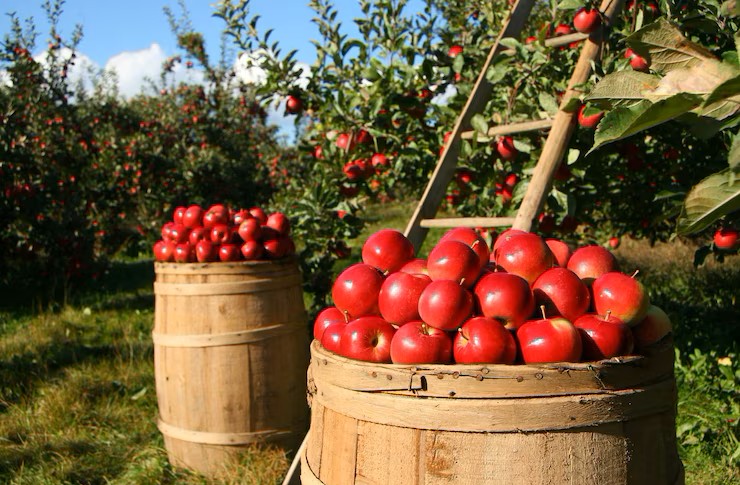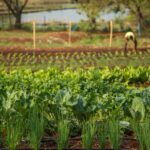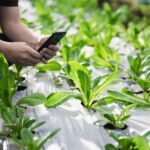The Western Cape, with its diverse microclimates and fertile valleys, is one of South Africa’s most productive apple-growing regions. As demand for healthier, chemical-free produce continues to rise globally and locally, organic apple farming is gaining momentum. Farmers in the Western Cape are increasingly turning to organic methods to produce high-quality fruit while preserving the environment. But what does it take to grow apples organically in this region, and what techniques are proving most effective?
Organic apple farming begins with a deep understanding of the natural ecosystem. Unlike conventional methods, organic growers avoid synthetic fertilisers, herbicides, and pesticides. Instead, they use compost, cover crops, and natural pest control methods to enhance soil fertility and plant health. One of the cornerstones of success in the Western Cape is soil management. Farmers use organic compost made from farm waste, supplemented with seaweed extracts and rock dust, to enrich the soil with nutrients and beneficial microbes. These practices help maintain a balanced soil pH, which is crucial for optimal root development and fruit quality.
Pest and disease management in organic orchards requires a preventative and integrated approach. In regions like Ceres and Grabouw, apple growers are adopting biodiversity-friendly methods such as intercropping and planting insectary plants that attract beneficial insects like ladybugs and lacewings. These natural predators help control common pests such as codling moths and aphids without harming the environment. Organic-approved sprays made from neem oil, kaolin clay, and garlic extract are also used strategically to deter pests and reduce fungal infections such as scab and powdery mildew.
Water management is another key focus, especially given the Western Cape’s periodic drought conditions. Many organic farmers are turning to drip irrigation systems combined with mulching techniques to retain soil moisture and reduce water usage. Mulching with straw, wood chips, or cover crops not only conserves water but also suppresses weeds and improves soil structure over time.
Pollination plays a vital role in apple production, and organic farmers go to great lengths to protect and attract pollinators. Maintaining beehives near orchards and planting flowering species like buckwheat and borage around the trees helps create a pollinator-friendly environment. This ensures good fruit set and enhances overall orchard biodiversity.
Pruning and canopy management are essential for disease prevention and fruit quality. Organic farmers in the Western Cape focus on open canopy structures that improve air circulation and sunlight penetration, reducing the risk of fungal diseases. Proper pruning also facilitates easier access for hand thinning and harvesting, which are common practices in organic apple farming.
Certification is a critical step for any grower transitioning to organic. Farmers must comply with strict standards set by certification bodies such as Ecocert or Control Union. This includes maintaining detailed records, undergoing annual inspections, and adhering to organic input guidelines. While the certification process may be rigorous, the premium price that certified organic apples command on the market often offsets the additional labour and input costs.
In the Western Cape, the shift to organic apple farming is not just a trend—it’s a long-term investment in soil health, environmental sustainability, and consumer wellness. With careful planning, the right techniques, and a commitment to ecological balance, organic apple growers are showing that it’s possible to produce delicious, export-quality fruit without compromising the planet.







